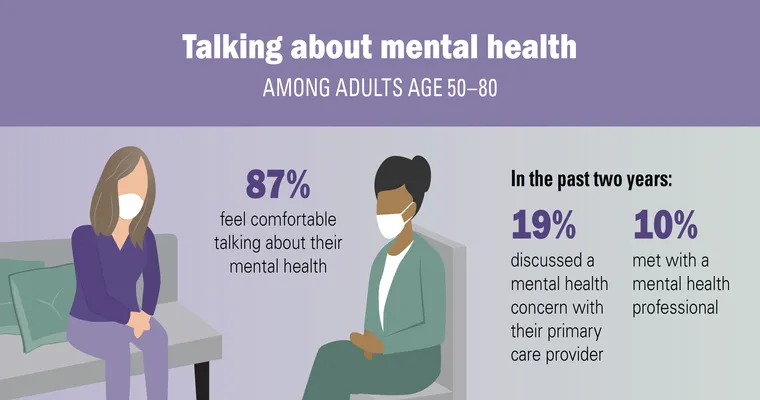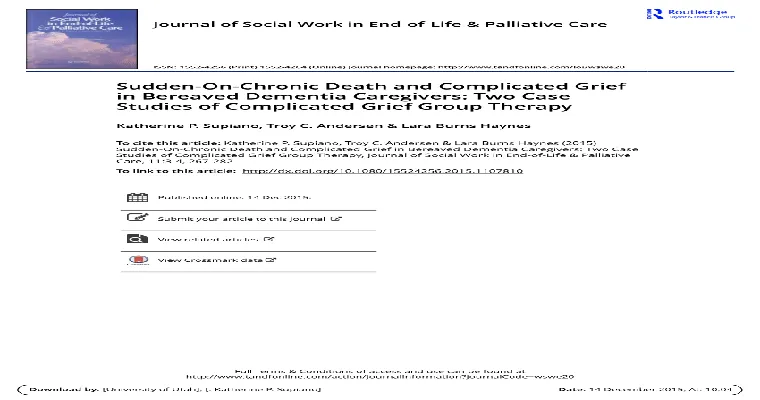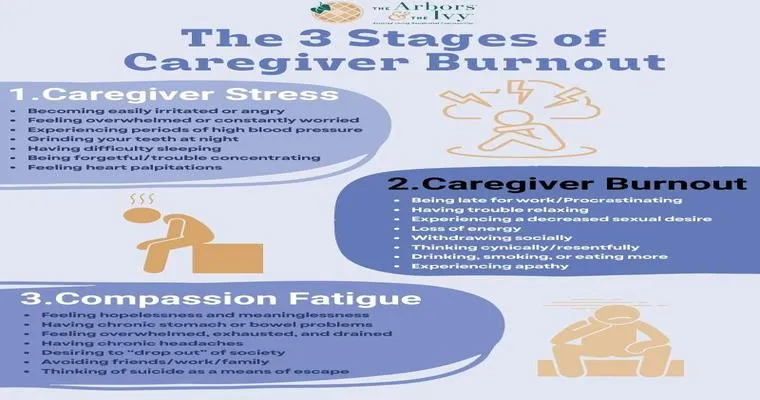As we age, the importance of addressing "mental health issues in seniors" becomes increasingly evident. Many older adults face a unique set of challenges that can impact their "emotional well-being", including physical health problems, loss of loved ones, and social isolation. Understanding these challenges is crucial for providing the necessary support and resources to help seniors maintain a positive quality of life.
One of the most common "mental health disorders in seniors" is depression. This condition can often go undiagnosed due to the misconception that sadness is a normal part of aging. However, it is essential to recognize that depression is not an inevitable consequence of growing older. Factors contributing to depression in seniors may include chronic pain, the loss of independence, and significant life changes. Early intervention and appropriate treatment can make a significant difference in managing symptoms and improving overall well-being.
Another significant concern is anxiety, which can manifest in various forms, including generalized anxiety disorder, panic attacks, and social anxiety. Seniors may experience increased anxiety due to health fears, financial worries, or changes in their living situations. Understanding the root causes of anxiety can help caregivers and healthcare providers develop effective coping strategies and treatment plans.
Cognitive decline is another critical aspect of "mental health in seniors". Conditions such as dementia and Alzheimer’s disease can severely impact cognitive function and emotional stability. Early signs of cognitive decline may include memory loss, difficulty concentrating, and changes in mood. Recognizing these symptoms early and seeking medical advice can lead to better management of the condition and improved quality of life.
Social isolation is a prevalent issue among older adults and can significantly affect their "mental health". Many seniors lose friends and family members over time, leading to feelings of loneliness and depression. Encouraging social connections through community activities, support groups, or family visits can help mitigate these feelings and enhance emotional well-being.
To promote mental health in seniors, it is essential to foster an environment of understanding and support. Caregivers and family members should be educated about the signs of mental health issues and how to approach sensitive conversations with their loved ones. Encouraging regular physical activity, social engagement, and maintaining a healthy diet can also contribute positively to seniors' mental health.
In conclusion, understanding "mental health issues in seniors" is vital for ensuring their emotional well-being. By recognizing the signs of depression, anxiety, cognitive decline, and social isolation, we can take proactive steps to support our older loved ones. Creating an open dialogue about mental health and providing the necessary resources can significantly improve the quality of life for seniors, helping them navigate the challenges of aging with dignity and hope.





